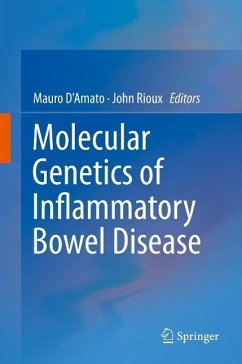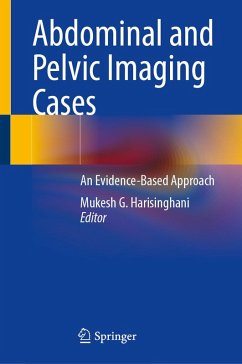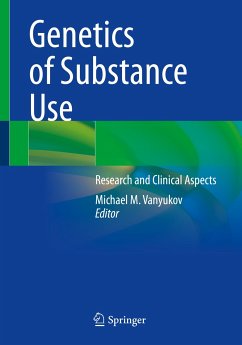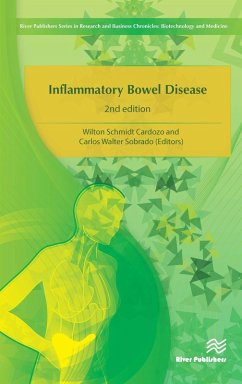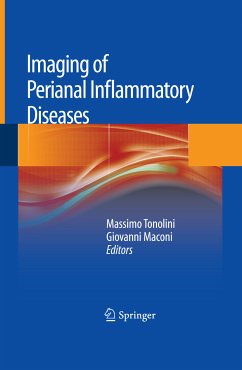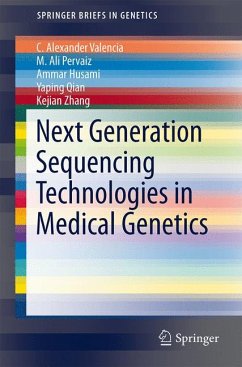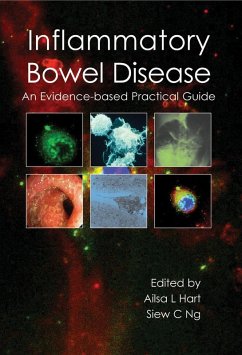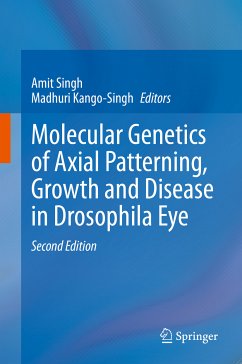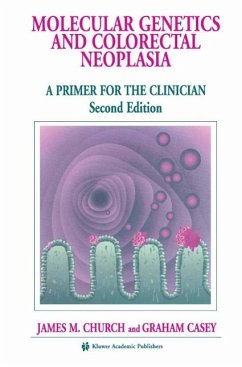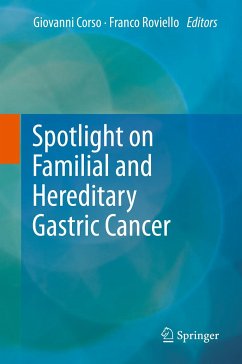
Molecular Genetics of Inflammatory Bowel Disease (eBook, PDF)
Versandkostenfrei!
Sofort per Download lieferbar
167,95 €
inkl. MwSt.
Weitere Ausgaben:

PAYBACK Punkte
84 °P sammeln!
This book reaches out to a wide variety of professionals in the biomedical field with an interest in inflammatory bowel disease (IBD). Enormous progress has been made in the last few years since the publication of the first edition in the study of complex diseases and IBD, with hundreds of genomic regions identified that are associated with increased risk. Authored by leading clinical and research scientists in the field, the book includes state-of-the art synopses of recent genetic findings, and their interpretation for current and future exploitation in translational approaches to personaliz...
This book reaches out to a wide variety of professionals in the biomedical field with an interest in inflammatory bowel disease (IBD). Enormous progress has been made in the last few years since the publication of the first edition in the study of complex diseases and IBD, with hundreds of genomic regions identified that are associated with increased risk. Authored by leading clinical and research scientists in the field, the book includes state-of-the art synopses of recent genetic findings, and their interpretation for current and future exploitation in translational approaches to personalized medicine in IBD. The book also covers risk prediction, improved diagnostic and therapeutic precision, dissection of disease phenotypes and subtypes, identification of biomarkers, and host gene-microbiota interactions of clinical relevance.
Dieser Download kann aus rechtlichen Gründen nur mit Rechnungsadresse in A, B, BG, CY, CZ, D, DK, EW, E, FIN, F, GR, HR, H, IRL, I, LT, L, LR, M, NL, PL, P, R, S, SLO, SK ausgeliefert werden.



